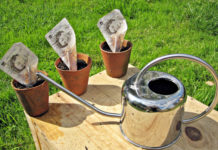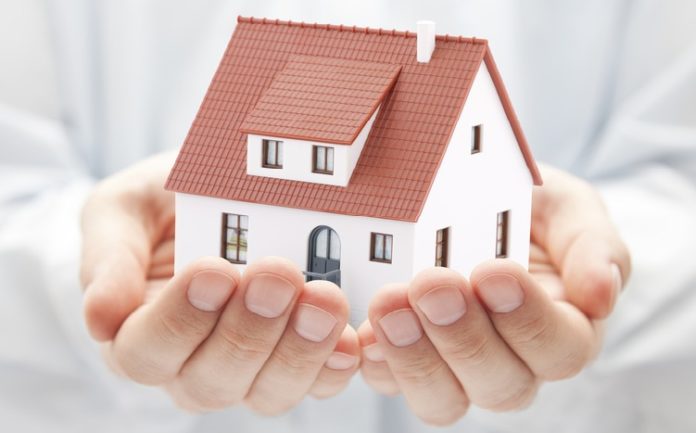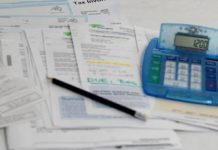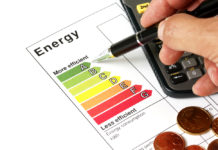Make the right choice and you can start to turn your house or flat into a home – comfortable, safe and welcoming.
But make the wrong choice and life can become stressful, difficult and expensive.
Here, we look at some of the key points you need to consider when viewing a property so that you can feel confident in making the right decision.
1 – Location, location, location
You might have fallen in love with a property online, but even if it’s as good as it looks in the pictures, make sure it’s in the right area.
That extra 10 mins it would take you to walk to the station to get to work might not seem like a problem now, but it could turn into a real pain on dark evenings when it’s pouring with rain.
Write a list of your priorities when choosing an area to live in, and make sure any property you look at ticks all the boxes location-wise.
Consider not only how long your commute will be, but also how close you are to schools, if you need them, shops, restaurants and bars, and green spaces if you own a pet.
2 – Safety first
Most property viewings take place during the day, but if you find somewhere you’re really interested in, it’s a good idea to visit it in the evening too, so you can suss out how safe the area feels.
You’ll also get a good idea of traffic at different times, what the on-street parking situation is, how much noise there might be, and other factors that could affect how you feel about that particular locality.
If you have a viewing during the week, think about visiting the area at the weekend – and vice versa – again, for fact-finding purposes.
3 – Don’t go for the first property you see
Even if you’re convinced the first property you view is the right one for you, always visit a couple of others just so you have something to compare it to.
Who knows, the second or third property you see might be even better, but you’ll never know if you don’t check out what else is available.
4 – Look for bad points as well as good ones
You might love the décor or the size of the rooms of a particular property, but don’t let these things blind you to any potential downsides.
Make sure you give any property you are thinking about renting or buying a thorough once over, inside and out, making a note of any cracks or damp patches which could indicate a more serious problem.
Take a careful look at the roof and exterior of any property you could end up living in as well as the interior. If there are lots of loose roof tiles, or the paintwork on doors and windows is in a poor state, this could mean big repair bills for you later on if you are buying.
And if you’re renting, it could be a sign that the landlord isn’t great at maintaining the property so you could end up having to chase him to put any problems right.
If you’re buying, a survey will be in order so that you (and your mortgage lender) know for sure the condition that the building is in. There’ll be a cost involved here, but this is largely unavoidable and, most people would agree, a worthwhile investment.
5 – Tot up all the costs
The estate agent will tell you the monthly rent or the asking price of the property, but there are plenty of other charges you need to investigate.
Find out what how much the council tax is, and whether there are any service charges or ground rent to pay.
If you’re renting, you should also find out how big a deposit you are required to put down.
You should also factor in utilities, such as your gas and electricity bills, making sure you switch to a competitive tariff when you move in.
Remember, as a tenant, you are able to switch energy provider if your name is on the bill.
You might also want to check the availability and speed of broadband at the prospective new property – depending on how much you use streaming services and download material, these factors might influence your decision.
6 – What’s the storage like?
Think carefully about where you will keep your stuff when considering which property to rent or buy.
For example, are there fitted wardrobes, or will you have the joy of assembling flat-pack furniture? Is there an attic or cellar where you can keep things that won’t fit anywhere else?
Where will you keep the vacuum cleaner or your bike?
This sort of thing might not seem important, but it can make a real difference when you can’t find a home for all your stuff.
7 – Figure out where your car will live
You might have found your perfect home, but if there’s no driveway you’ll need to think about where you’ll park your car.
It may be that residents’ parking restrictions apply, in which case you’ll need to apply for a permit. Check how much this will cost and also scope out how many spaces are available near to your property.
The last thing you’ll want is to have to drive around for ages looking for somewhere to park whenever you come home.
When you do move, remember to tell your car insurance company about your change of address – not doing so could invalidate your policy. And be sure to shop around when it comes to renewal – your new postcode could be viewed in very different ways by competing insurers.
And, of course, you’ll need to sort out home insurance – buildings and contents if you’re buying, just contents if you’re renting – at your new address.
8 – Stake your claim
As soon as you’ve made your final decision about which property to go for, make sure you ask the agent to take it off the market straight away.
That way you’ll have peace of mind that it won’t be shown to any other prospective tenants or buyers who could potentially make a better offer than you.




















